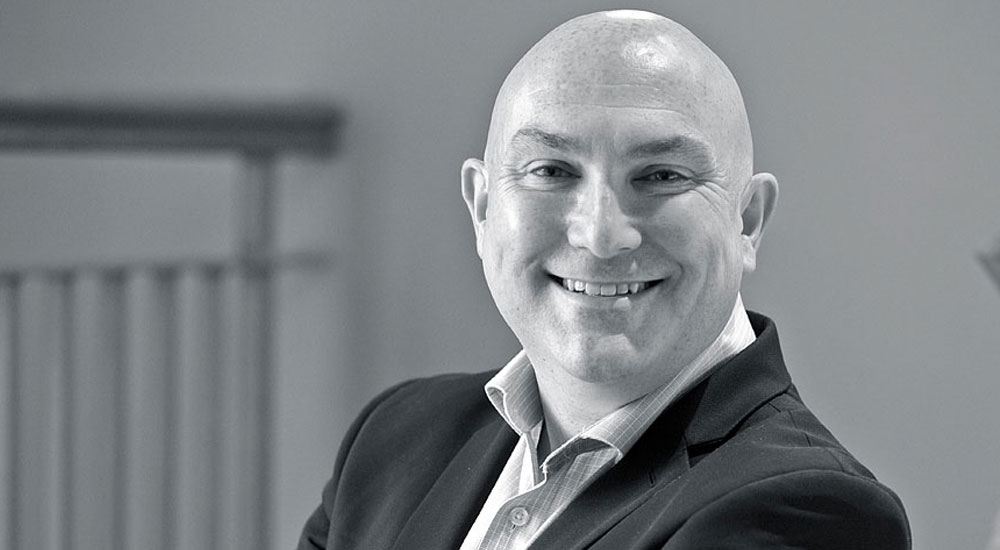What first made you think of a career in technology?
From a very early age I had a keen interest in Science Fiction and all things related to space exploration. I was an avid reader of 2000 AD magazine and as a child, firmly believed that by the turn of the millennium we would all be travelling around the solar system on a regular basis.
Unfortunately, this, along with my desire to become an astronaut, never progressed very far but my love of technology certainly did. When I was old enough to have a part-time job, the first thing I bought was a Sinclair ZX Spectrum computer. This was my first exposure to the world of computing and the joy of listening to programs loading from cassette tapes for what seemed like hours did not dampen my enthusiasm. I had never really considered a career in anything other than technology, specifically computing.
What style of management philosophy do you employ with your current position?
I prefer to work closely alongside my team but avoid micromanagement at all costs. I accept and appreciate that they are far more knowledgeable than me when it comes to their own specialities, so my role is to help align their activities towards business goals and to coordinate and encourage when necessary. While I do set out goals and targets for them, I like to enable them as much as possible to make their own decisions on how the work gets done.
What do you think will emerge as the technology trend of 2018 and why?
I believe that 2018 will see the evolution of cloud computing strategies within organisations. Cloud has often been touted as the solution to all IT problems, but the majority of analysts and industry experts now believe that businesses will end up using a combination of different cloud providers for different applications or workloads and will retain on-premise IT resources for others. Cloud is a great place to run applications that have unpredictable resource requirements and need to scale up and down quickly, but its rental model can prove costly for applications that are predictable and are used all of the time. For that reason, I believe we will see a growing trend in technologies which help businesses integrate their IT systems across multiple public cloud providers and their own data centres. These technologies will also use machine learning techniques to analyse usage patterns and make sure that applications are running in the right cloud or data centre depending on commercial, governance or security criteria.
What do you currently identify as the major areas of investment in your industry?
The biggest areas of investment I see are in IT security and public/private cloud solutions. Recent high-profile data breaches and ransomware attacks, along with impending changes to data privacy regulations, are forcing many organisations to invest heavily in strengthening their data security infrastructure and practices. In the past, IT security has often been recognised as an insurance policy and not a business enabler. During the downturn, security budgets were among the first to be cut and therefore many organisations now find themselves with less than adequate protection in the face of an onslaught of modern attacks.
Various forms of cloud adoption are also driving investment. While most organisations are spending money on public cloud projects, many are also adopting technology such as Hyper Converged Infrastructure (HCI) within their own data centres to help them achieve many of the benefits of cloud but without the ongoing rental costs and compliance concerns. These benefits include much lower infrastructure complexity and a pay-as-you-grow economic model.
What are the region-specific challenges when implementing new technologies in Europe?
From my experience in the UK and Ireland, I see the biggest challenge is in convincing channel partners to sell and support newer technologies. When disruptive and compelling new vendors are introduced into the market, many resellers find it difficult to engage with them as their existing legacy vendors do not look kindly upon it. These vendors have a vested interest in selling older technology as this is where they have made huge investments.
What changes to your job role have you seen in the last year and how do you see these developing in the next 12 months?
In the past year DataSolutions has set up a presence in the UK market so a lot more of my time has been taken up by supporting the business expansion there. I would like to see this increase over the next year as we build up relationships with new vendors and channel partners across the UK.
Click below to share this article

